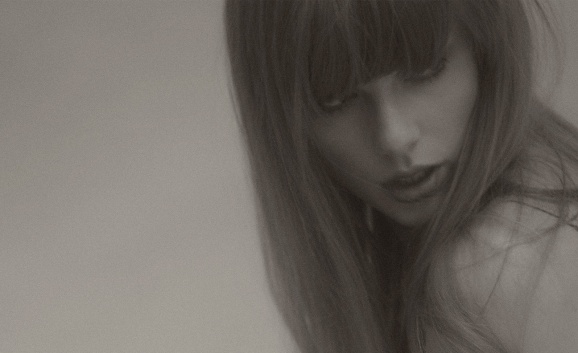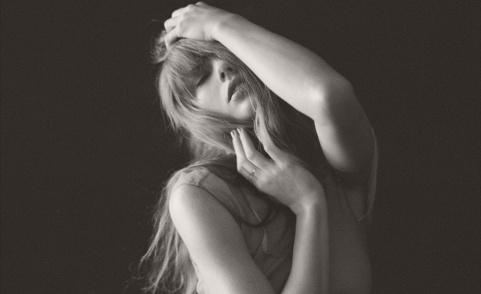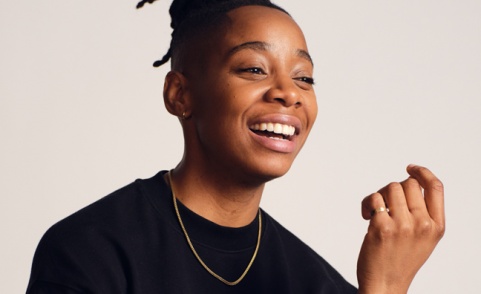features
Taylor Swift simultaneously registers her 12th No.1 album, The Tortured Poets Department (TTPD), and fourth No.1 single, with lead track Fortnight (feat. Post Malone). It is her third chart double. Far out pacing the chasing pack – including all 30 ...












